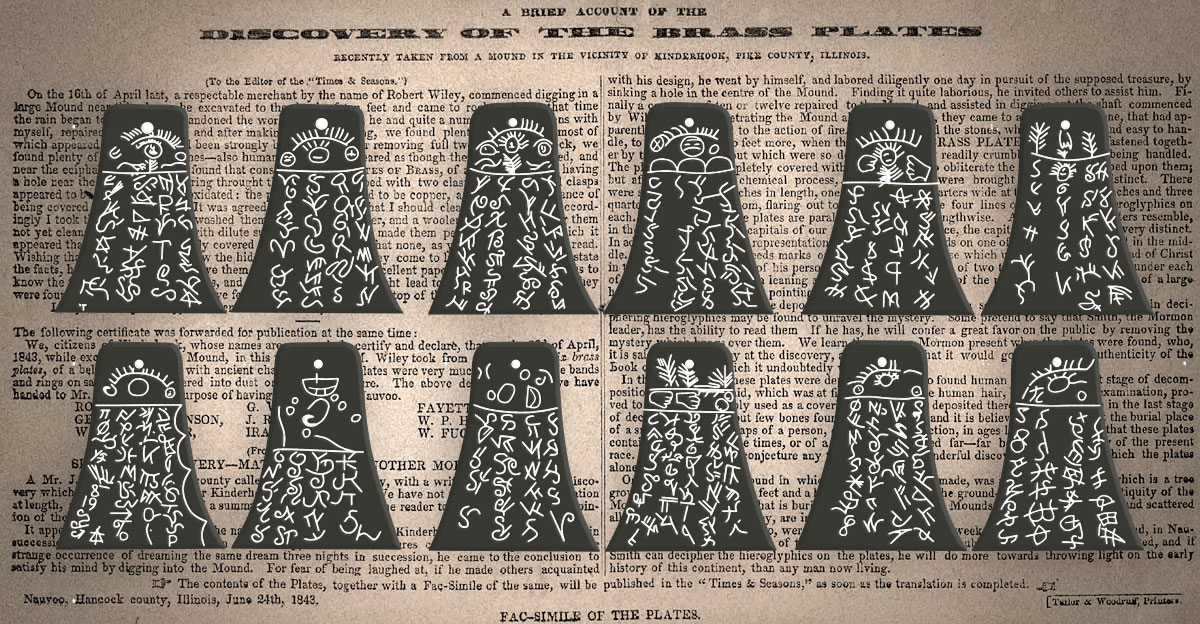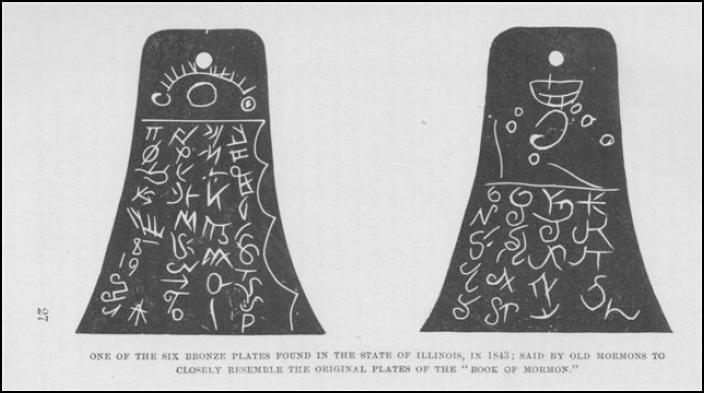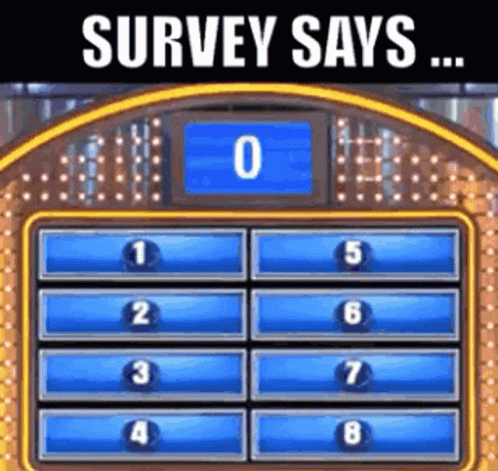It all boils down to the fact that Joseph Smith claimed revelations in practically everything he did or said. It was revelation here and revelation there. It didn’t matter what he was doing or where he was because revelation was the name of his game. Smith tips his hand in the King Follet discourse given in April 1844 wherein he pretty much sums it up that everything he represented to the people was a kind of revelation and should be received as such. It was an all or nothing proposition. He was the prophet of revelation in everything he did and in everything he preached. But Joseph knew he had limitations and he knew others would question or even scrutinize his revelations in order to determine if they were valid. In the address mentioned above and later recorded in the Times and Seasons in August 1844 shortly after his death, Smith tips his hand in expressing the idea that his revelations he had given during his career as prophet might not be what they were cracked up to be.
Joseph Smith, Times and Seasons 1844 wrote:My first object is, to find out the character of the only wise and true God, and if I should be the man [PROPHET JOSEPH SMITH] to comprehend God, and explain or convey the principles to your hearts so that the spirit seals it upon you, let every man and woman henceforth put their hand on their mouth and never say any thing against the man [PROPHET JOSEPH SMITH] of God again; but if I fail, it becomes my duty to renounce all my pretensions to revelations, inspirations, &c., and if all are pretensions to God, they will all be as bad off as I am at any rate. There is not a man but would breathe out an anathema, if they knew I was a false prophet; and some would feel authorized to take away my life. If any man is authorized to take away my life, who says I am a false teacher; then upon the same principle am I authorized to take away the life of every false teacher, and where would be the end of blood, and who would not be the sufferer.
Here, Smith tips his hand as an all or nothing proposition that his revelations, all of them, are either from God or they are not. And if they are not, then he’s a
false prophet, and would be the first to admit it. So how does this tie in with how Smith believed the Kinderhook plates were genuine and his revelation of what they represented? The fact is his followers believed him and recorded his revelations as they understood it. But Joseph Smith was wrong about the Kinderhook plates. He was wrong about their authenticity. He was wrong about what they represented. Why? Because he was a false prophet and failure to prove otherwise is what he feared most.
I bear testimony that Joseph Smith was NOT what he claimed to be. His declarations and belief of the Kinderhook plates were no more valid than his declaration of the papyrus and the so-called name of King Pharaoh written in the writing of Facsimile No. 3. Smith was wrong on both accounts!! BOTH revelations were false.






